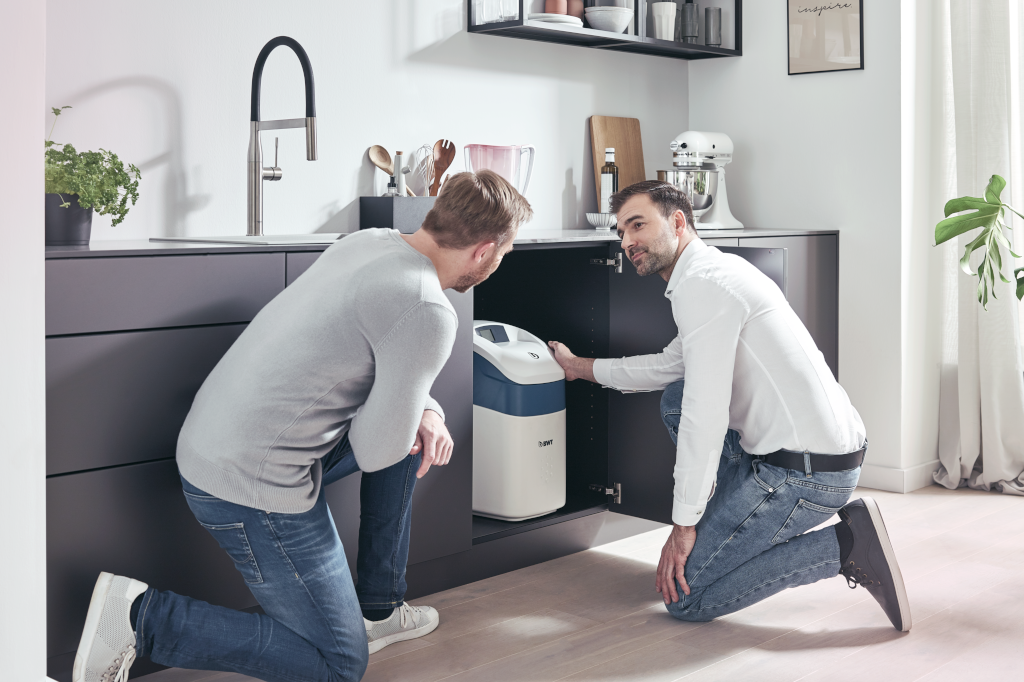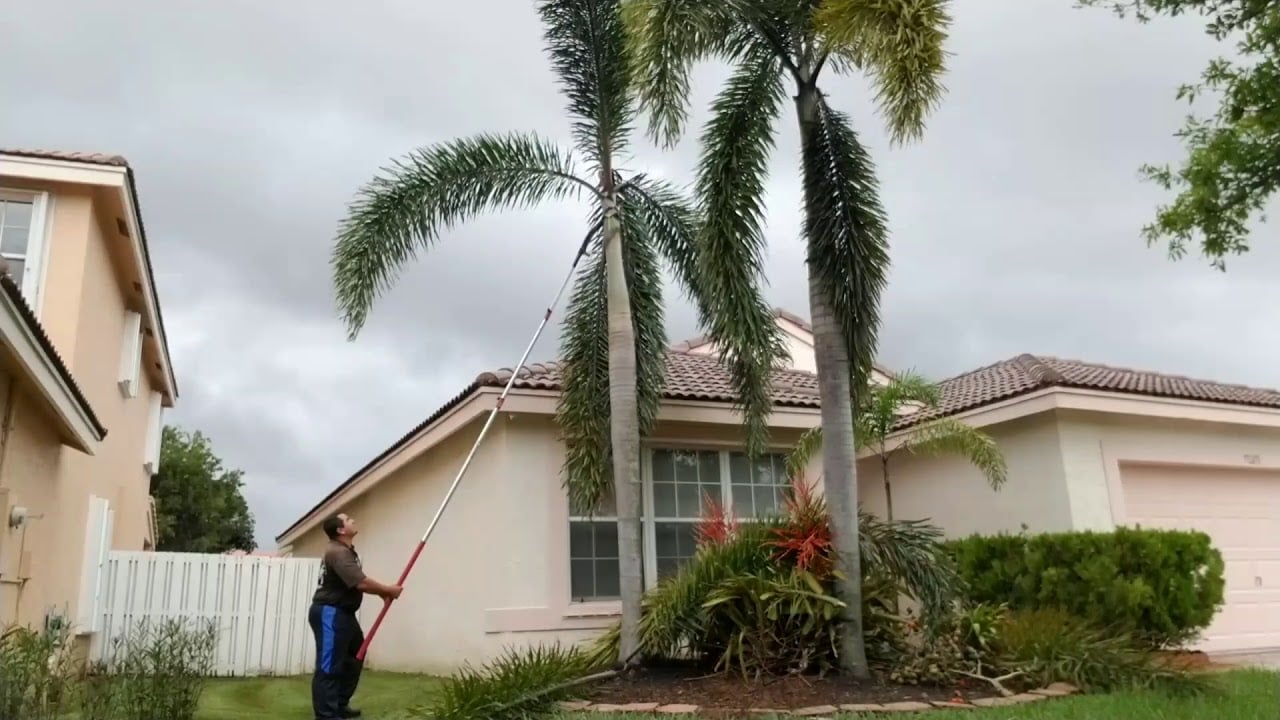The Ultimate Guide to Choosing a Water Softener in the UK

Table of Contents
In the heart of the United Kingdom, a silent battle rages in our pipes and kettles against the tyranny of hard water. This guide is your ally, offering a beacon of knowledge to navigate the complex world of water softeners. As many Britons can attest, hard water is not merely a trivial concern but a genuine domestic nuisance, leading to limescale buildup, inefficiency in heating systems, and a detrimental effect on the quality of our tea, an unforgivable sin in any British household.
The Hard Water Map of Britain
Our sceptred isle is no stranger to the perils of hard water, most notably in regions such as East Anglia and the Home Counties. Here, water hardness can reach staggering levels, primarily due to the geological makeup of limestone and chalk. But what exactly is hard water? It’s water high in mineral content, particularly calcium and magnesium. It affects nearly 13 million homes in the UK, a staggering statistic that underscores the need for effective water softening solutions and the reason we created this water softener guide.
The Arsenal of Water Softeners
- The Traditionalist: Ion-Exchange Softeners – The stalwart of British homes, these units trade calcium ions for sodium, bringing softness back to your water. They’re reliable, time-tested, and widely regarded as the most effective method for softening water in a domestic setting.
- The Innovator: Salt-Free Softeners – A newer breed, these models eschew traditional methods for a more environmentally conscious approach. They condition water rather than softening it, thus preventing minerals from depositing as scale without removing them.
- The Futurist: Magnetic and Electronic Softeners – At the cutting edge, these devices promise a high-tech solution to an age-old problem. They use magnetic or electrical fields to alter the electromagnetic properties of calcium carbonate minerals, so they stay suspended in the water.
The Buyer’s Checklist
- Sizing Up: Tailor the softener to your household’s needs. A common mistake is underestimating the size required, leading to frequent regeneration cycles and higher costs in the long run.
- Regeneration Tactics: Choose between the efficiency of metered models or the simplicity of timed systems. Metered units regenerate based on water usage, making them more efficient and cost-effective.
- The Salt Dilemma: Weighing up the pros and cons of salt-based versus alternative systems. Salt-based systems are more effective but require regular salt replenishment, whereas salt-free systems are less maintenance-intensive but might not be as effective in very hard water areas.
- The Importance of a Bypass Valve: An often-overlooked feature that is crucial for maintenance. It allows water to bypass the softener during maintenance or in emergencies, ensuring uninterrupted water supply.
The Practicalities of Ownership
- Installation: The conundrum of installation: a DIY challenge or a task for the professionals? While some systems are designed for DIY installation, professional installation ensures correct setup and optimization of the system.
- Maintenance: The ongoing saga of maintenance – a small price to pay for lifelong service. Regular maintenance includes checking salt levels, cleaning the brine tank, and occasionally replacing parts.
The Financial Equation
- Initial Investment: An exploration of the costs: initial outlay versus long-term savings. While the upfront cost can be significant, ranging from a few hundred to over a thousand pounds, the long-term savings on appliances, heating efficiency, and detergent use are considerable.
- Environmental Considerations: A look at the potential environmental footprint of your choice. Salt-based systems have been criticized for their environmental impact, particularly the discharge of brine into waste systems.
The Best of British and Beyond
- A critical examination of the leading brands in the UK market, from time-honored names to emerging challengers. Brands like Harvey, BWT, and Kinetico are often mentioned for their reliability and performance.
Procurement Strategies
- Where to Buy: Expert advice on where to find your ideal water softener, be it in the digital marketplace or the traditional high street. Online platforms offer a broader range of options and competitive pricing, but physical stores provide the advantage of seeing the product firsthand.
- Installation Services: Many retailers offer installation services, which can be a convenient option for ensuring your system is set up correctly.
In Conclusion
- A final word on the imperative of choosing the right water softener, not just for your home, but for your peace of mind. It’s an investment in the longevity of your household appliances, the efficiency of your heating system, and the
This guide, penned in the spirit of our commitment to excellence, offers not just information, but empowerment in the quest for the perfect water softening solution in the United Kingdom. With this comprehensive resource, you are now equipped to make an informed decision, ensuring that you choose the best water softener for your needs and enjoy the myriad benefits of soft water in your home.






